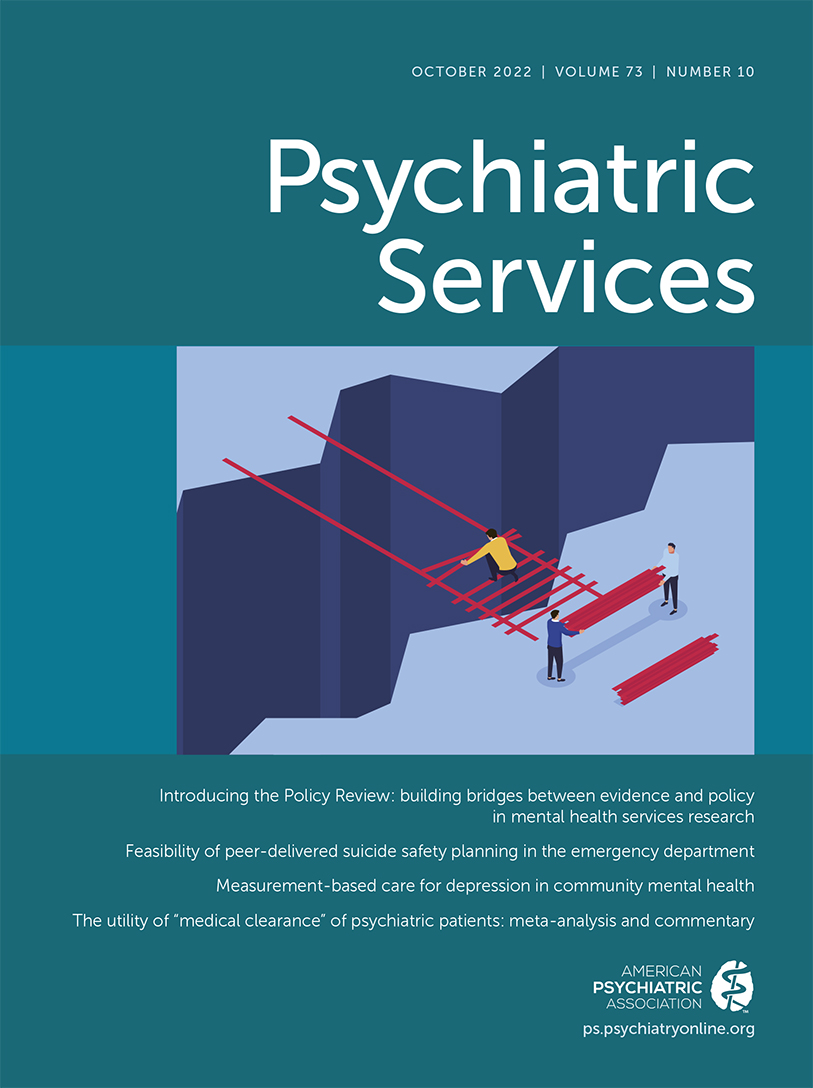Effects of an Acceptance-Facilitating Intervention on Acceptance and Usage of Digital Interventions for Binge Eating
Abstract
Objective:
The authors aimed to test the impact of an acceptance-facilitating intervention (AFI) on acceptance ratings and usage patterns of digital interventions for binge eating.
Method:
Participants with recurrent binge eating (N=398) were randomly assigned to an AFI or control condition. The AFI was an educational video providing information about digital interventions, including their capabilities, benefits, evidence base, and misconceptions. The primary outcome was acceptance of digital interventions. Secondary outcomes included drivers of acceptance and usage patterns.
Results:
The AFI group reported higher scores than the control group on acceptance, effort expectancy, facilitating conditions, motivations, and positive attitudes toward digital interventions. No group differences were observed on uptake or adherence rates at follow-up.
Conclusion:
AFIs can positively influence participants’ acceptance of digital interventions for binge eating and can address common barriers associated with their use. Further research is needed to understand how AFIs can best facilitate help seeking and treatment engagement in this population.



